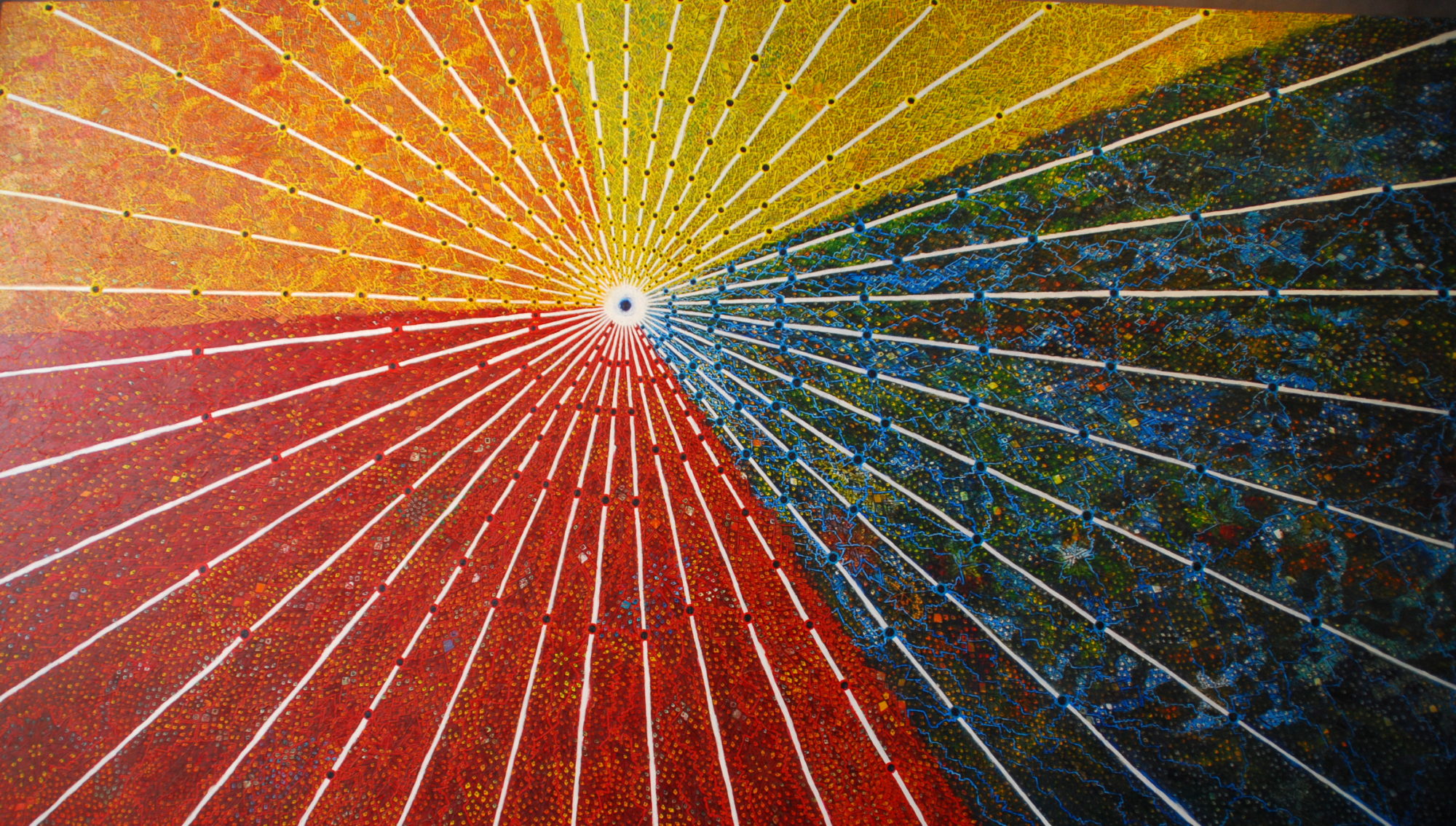I’m terrible at falling asleep. For some reason, as soon as I lay down, my body ready to rest, my mind comes alive. No, no, it hasn’t been shut off all day, I swear, but it’s been focused, allowed only to think about the task at hand, not wander or wonder. So when there is no more goal beyond getting to bed, my mind explores, recalling things I saw or read earlier in the day, asking questions that have no answers (or at least ones that can be answered without major research), ruminating on what lies ahead in this game we call life. In order to combat this, I try to ease into bedtime, lying on the couch for a good hour or so before I head to the bedroom, letting my mind wear itself out.
It doesn’t always work, however, and sometimes I end up in bed, staring at the ceiling and then turning to Jeff—poor, poor Jeff who can fall asleep the minute he closes his eyes but rarely is allowed to—with something that I just have to discuss. Our latest such conversation, begun long after the clock struck midnight, started like this: “Jeff, do you think that whales…let’s say orca whales…more specifically, let’s say orca whales that live really far apart, like the ones up in the San Juan Islands and the ones down in Patagonia…”
At this point, he simply bursts out laughing. (Have I ever mentioned that I have the most amazingly patient husband in the world?) He, like you, I’m sure, was wondering where the hell this conversation was going. And he, like you, I’m sure, was more than a little surprised to find out that I wanted to have a conversation about language and communication. What I wanted to know about those whales was whether two whales, that were of the same species but lived in different places, would be able to communicate with each other should some day they cross paths in the big, wide ocean. Jeff figured that yes, they could, and I figured he was probably right, although part of me also thinks he was just saying that in the hopes I’d be quiet and go to sleep.
But no such luck. [Insert evil laugh here.] Because really my big question is, why can’t us humans do the same?
Although I guess that’s kind of unfair, because technically we can communicate. We can gesture and draw and find some way to get our point across, but it’s not the most elegant thing and it’s often ineffective, not to mention entirely frustrating. Why, I want to know, can’t I just walk up to someone—another human, another member of my species—and just say what I need to say? Why can’t we all just speak to each other?
Have you ever thought—really, really thought—about language? Every once in a while I do, usually inspired as I was that day with an encounter (this time on the Metro) with people speaking a tongue I did not know. As I rode home, standing in a crowded train, listening intently to words that meant nothing to me, I was struck by the absurdity of it. Of how, here I was, practically in the laps of these people—people who have the same DNA sequence as me, people who probably have very similar hopes and fears as me—and yet I could not have a conversation with them. They may as well have been an entirely different species. I may as well have been another species. In all honesty, we probably would have had an easier time communicating had we both been whales.
Language is one of the things that sets our species apart from other species. It is our grand accomplishment. It allows us to go beyond the physical and explore the existential. It is through language that we see the world, that we define our world. It is nearly impossible for us to grasp anything for which we do not have a word. Language is amazing, really.
Yet language is also a terrible stumbling block, for it doesn’t just set us apart from other species, but also separates human from human. When I think of all the languages we’ll encounter on this trip, when I think of all the times I’ll be tongue-tied and unable to express even the most basic thought, when I imagine all the conversations I’ll hear but not understand, I get frustrated. Ethnologue, considered to be the most extensive catalogue of world languages (though not believed to be complete), lists 6,912 known living languages. Holy bejesus.
Did you know that 29,000 people speak Hdi; 8,000 people speak Viemo; 136 people speak Zo’é, 120 people speak Obokuitai…?
It boggles my mind. And that’s when I consider learning Esperanto. But then I realize that that would be just one more thing to keep my brain churning late at night, and considering how few people really speak this “universal” language, I’m probably better off just figuring out how to best act out “Where is the toilet?” without appearing completely crude. Wish me luck.
(If you have any funny language-related stories, any tried and true gestures, or any advice on how to best approach a trip in which you’ll encounter so many different languages, please share!)